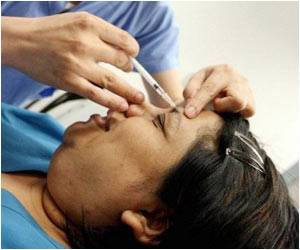A new study, conducted by researchers at University College London, has revealed that diets and creams claiming their antioxidant properties could slow ageing, have little or no effect.
A new study, conducted by researchers at University College London, has revealed that diets and creams claiming their antioxidant properties could slow ageing, have little or no effect.
While conducting a study with Nematode worms, the researchers found that even those given enhanced antioxidant powers to deal with tissue damaging "free radicals" did not live longer.The researchers said that there was "no clear evidence" they could slow ageing.
Antioxidants are a staple of the beauty and health industries. This has been based on a 50-year-old theory.
In 1956, it was suggested that ageing was caused by a build-up of molecular damage caused by reactive forms of oxygen, called superoxides or free radicals, circulating in the body.
This is known as oxidative stress. Antioxidants supposedly worked to mop up these free radicals, minimising their damage.
However, the new could help explain why many studies aimed at proving the theory have been inconclusive.
Advertisement
However, these worms lived just as long as the others, suggesting that "oxidative stress" is less of a factor in the ageing of our cells and tissues as some have suggested.
Advertisement
"It is clear that if superoxide is involved, it plays only a small part in the story - oxidative damage is clearly not a universal, major driver of the ageing process," Gems added.
He said a healthy, balanced diet was important for reducing the risk of many "old age" diseases, such as cancer, diabetes and osteoporosis, but there was no clear evidence that eating antioxidants could slow or prevent ageing, and even less evidence to support the claims made by antioxidant pills and creams.
The study is published in the Genes and Development journal.
Source-ANI
LIN















